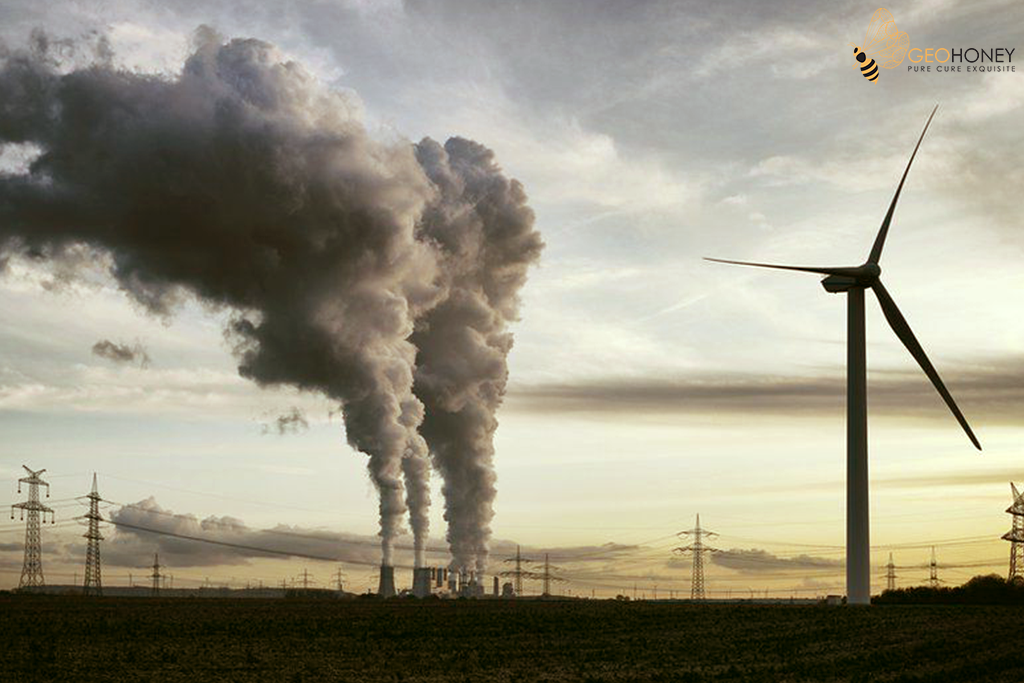- Tokyo: 14:39
- Singapore: 13:39
- Dubai: 09:39
- London: 05:39
- New York: 00:39
Report Reveals Widening Gap in Carbon Emissions between Rich and Poor Within Countries

A new report, entitled “Climate Inequality Report 2023”, suggests that the difference between the carbon emissions of the rich and the poor within a country is now greater than the differences in emissions between countries. This disparity between the “polluting elite” of rich people and the relatively low responsibility for emissions among the rest of the population is seen as evidence of a growing divide. The report, produced by economists from the World Inequality Lab, also found that there is room for the poorest in the world to increase their greenhouse gas emissions if they needed to reach prosperity.
Historically, most global climate policy has focused on the difference between developed and developing countries and their current and historical responsibility for greenhouse gas emissions. However, a growing body of work suggests that the rich are responsible for the majority of emissions, thus having a profound impact on climate action. This disparity is particularly evident in developing countries where rich people have bigger carbon footprints than previously acknowledged.
The report argues that tackling global poverty will not overshoot global carbon budgets, as is often claimed. Rather, the failure to address the power and privilege of the rich is the main driver behind this issue. The authors suggest that changing government policy to focus on the polluting elite and devising a more equitable approach to emissions cuts is the solution to this problem. Combinations of progressive taxation and the redirection of subsidies for fossil fuels can help address these inequalities and provide social protection to those most in need.
In addition to progressive taxation, the report suggests windfall taxes on excess profits and a reform of domestic tax systems in developing countries to redistribute more from the wealthy. Large emerging economies, such as China, now have an increasing responsibility for the stock of carbon dioxide in the atmosphere and must produce clear plans to reach net-zero emissions.
According to Peter Newell, a professor of international relations at the University of Sussex, “reducing carbon consumption at the top can free up carbon space to lift people out of poverty.” The report highlights the need for a just transition to a low-carbon economy that reflects the unequal responsibility for causing the climate crisis and the uneven capacity to help address it. A paper by the PIK Potsdam Institute for Climate Research, co-authored by Nobel Prize-winning economist Joseph Stiglitz, found that taxing the rich was one of the best ways to fund a shift to a low-carbon economy.
In conclusion, the “Climate Inequality Report 2023” suggests that the difference between the carbon emissions of the rich and the poor within a country is now greater than the differences in emissions between countries. Tackling this disparity and the power and privilege of the rich will be critical in addressing the climate crisis. A just transition to a low-carbon economy and a combination of progressive taxation and redirection of subsidies for fossil fuels can help bridge the gap and provide social protection to those most in need.
Source: https://www.theguardian.com/environment/2023/jan/31/emissions-divide-now-greater-within-countries-than-between-them-study



